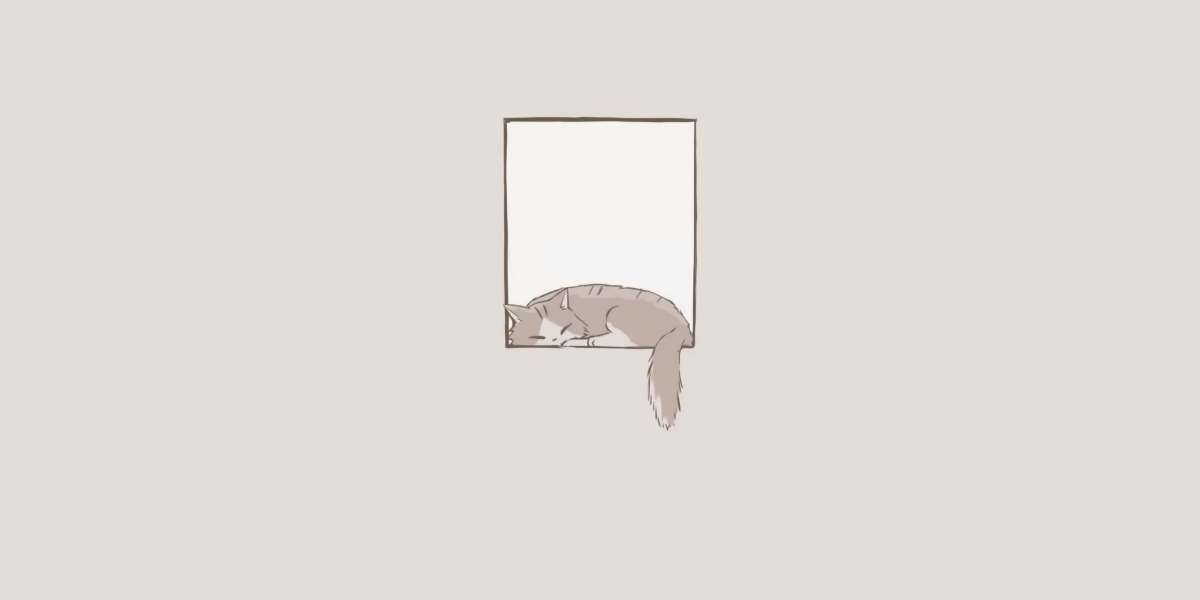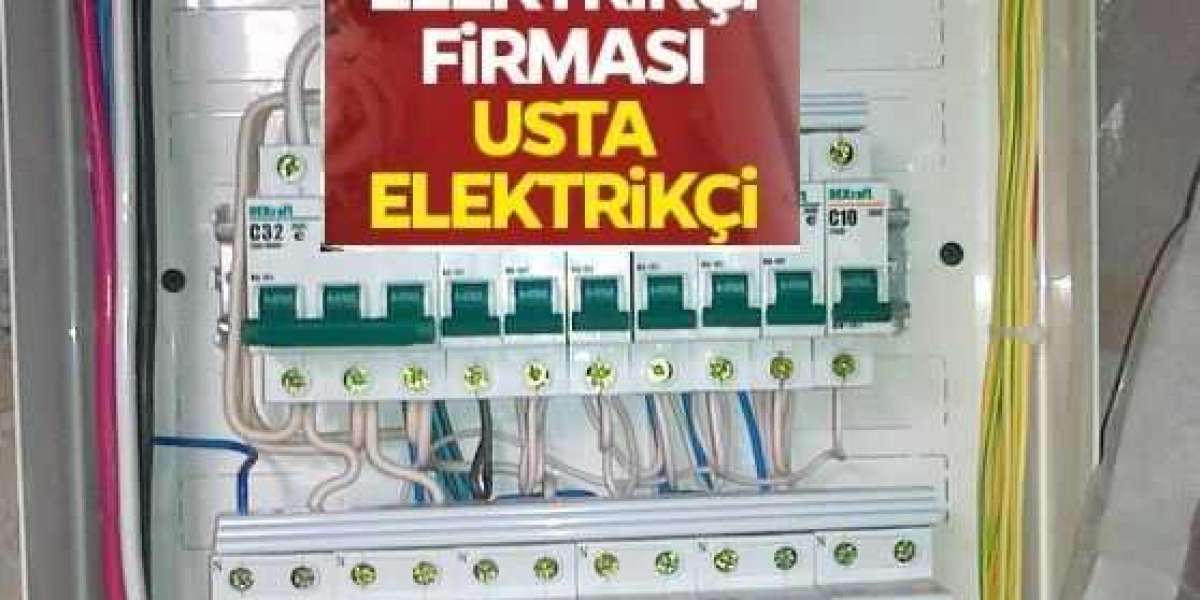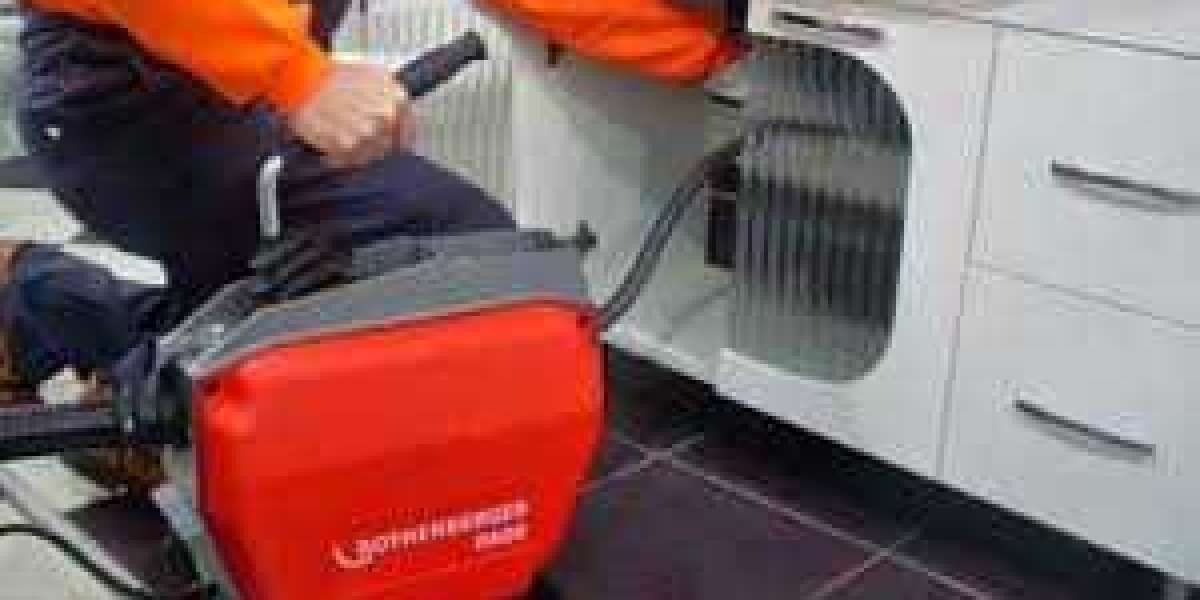Rechargeable hearing aids are a remarkable advancement in audiology, offering convenience and enhanced sound quality. However, to ensure their longevity and optimal performance, it is essential to maintain rechargeable hearing aids properly. This article will guide you through effective cleaning and care practices.
Understanding the Importance of Maintenance
Why is it crucial to maintain rechargeable hearing aids? Regular maintenance not only prolongs the life of your devices but also enhances their functionality. When hearing aids are not cleaned properly, they can accumulate dirt, wax, and moisture, which may lead to malfunctions. Therefore, understanding how to care for your hearing aids is vital.
Daily Cleaning Routine
To keep your hearing aids in top condition, establish a daily cleaning routine. Here are some steps to consider:
- Gently wipe the exterior with a soft, dry cloth.
- Use a soft brush to remove any earwax or debris from the microphone and speaker openings.
- Inspect the device for any signs of damage or wear.
By following these steps, you can significantly reduce the risk of buildup that may impair your hearing aids' performance.
Weekly Maintenance Tips
In addition to daily cleaning, weekly maintenance is also essential. Consider the following practices:
- Use a hearing aid dehumidifier to remove moisture that may accumulate during daily use.
- Check the battery contacts for corrosion and clean them gently if necessary.
- Replace wax guards and filters as needed to ensure clear sound quality.
These practices will help you maintain rechargeable hearing aids effectively, ensuring they function optimally.
Storage and Care When Not in Use
How should you store your hearing aids when they are not in use? Proper storage is crucial for maintaining their integrity. Always place your hearing aids in a protective case when not in use. This prevents accidental damage and keeps them clean. Additionally, consider removing the batteries if you plan to store them for an extended period.
Signs Your Hearing Aids Need Professional Attention
Even with diligent care, there may be times when your hearing aids require professional servicing. Look out for these signs:
- Persistent feedback or whistling sounds.
- Reduced sound quality or clarity.
- Physical damage or broken components.
If you notice any of these issues, it may be time to consult your audiologist for a thorough examination and potential repairs.
Conclusion
In conclusion, understanding how to maintain rechargeable hearing aids is essential for ensuring their longevity and performance. By implementing a consistent cleaning routine, practicing proper storage, and recognizing when to seek professional help, you can enjoy the full benefits of your hearing aids. Remember, a little care goes a long way in preserving your hearing health.








